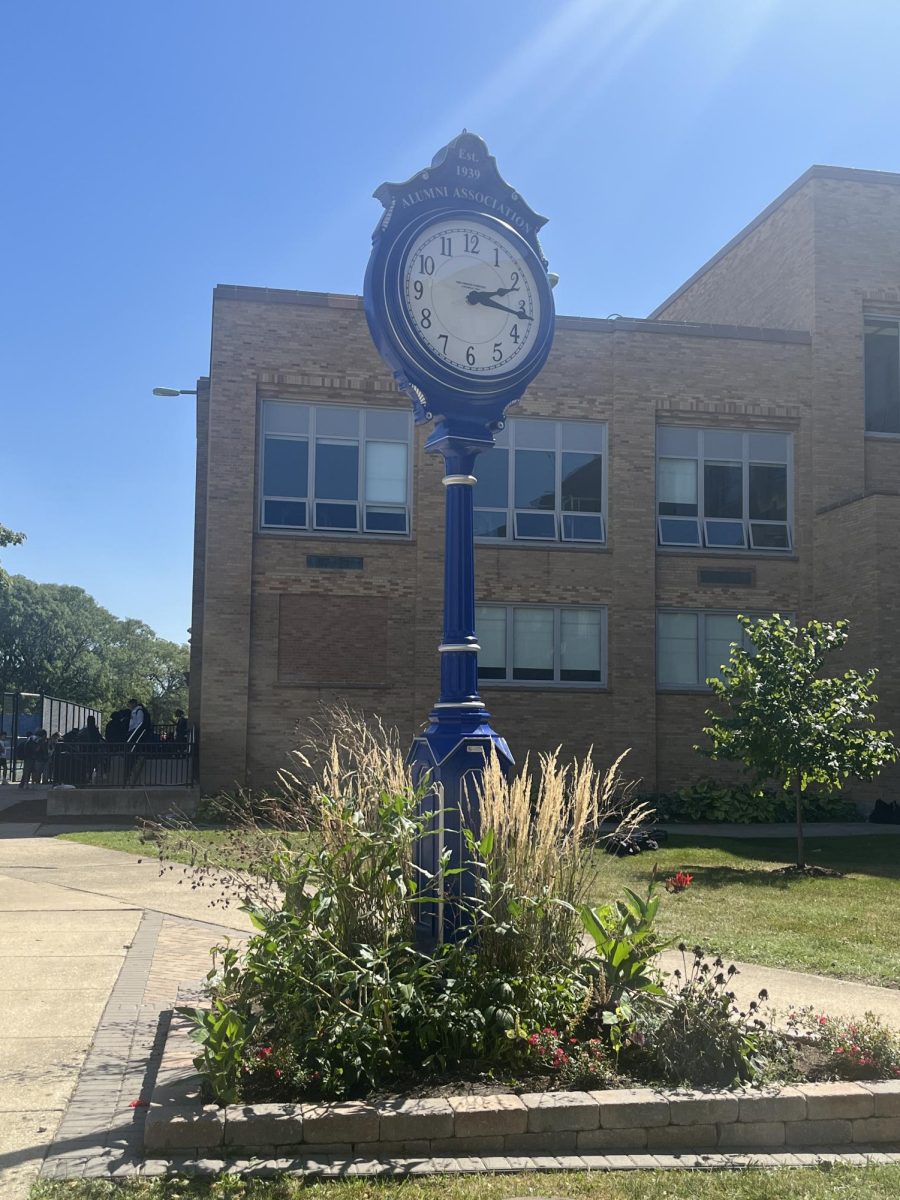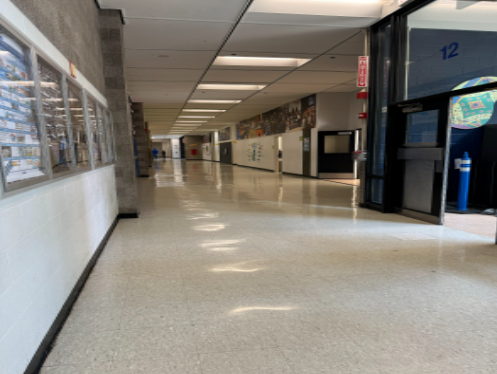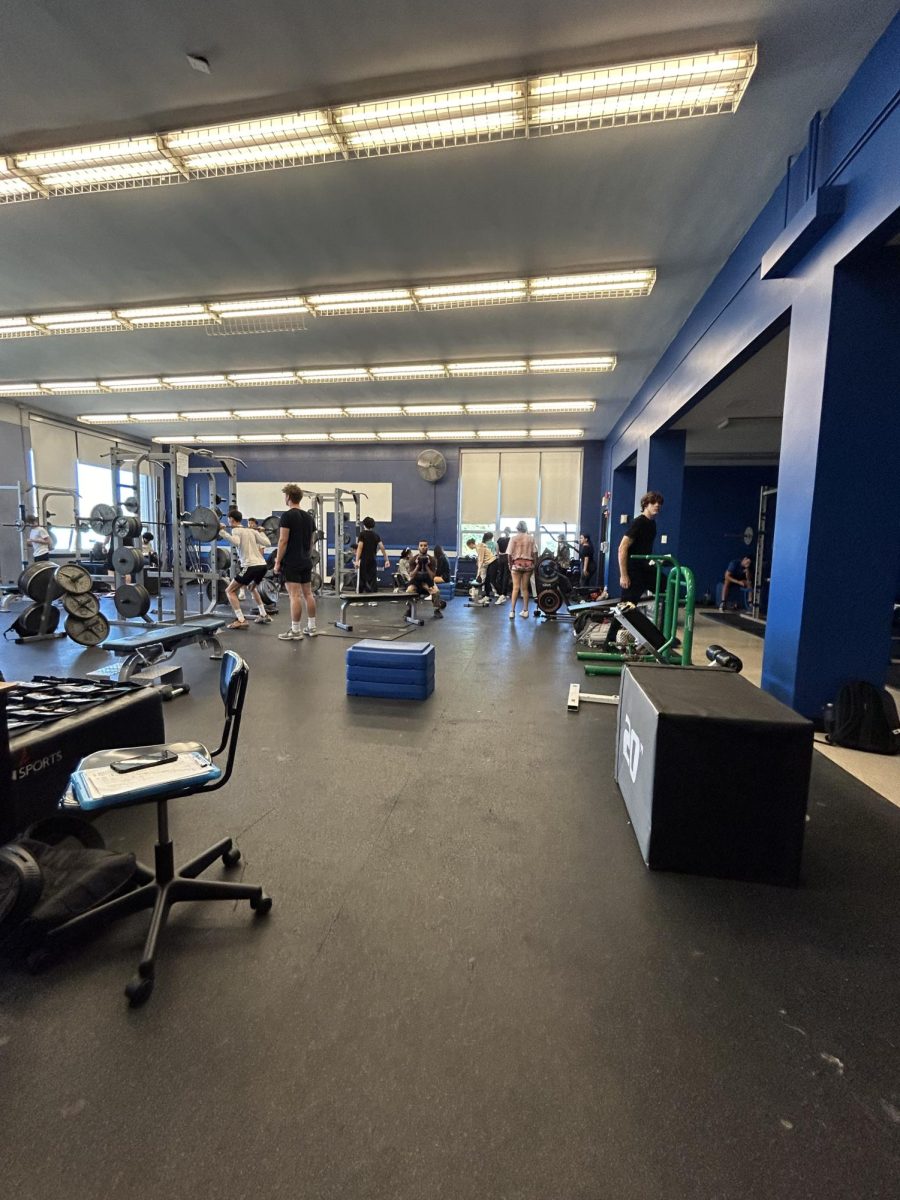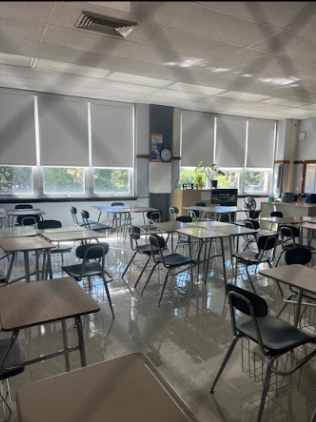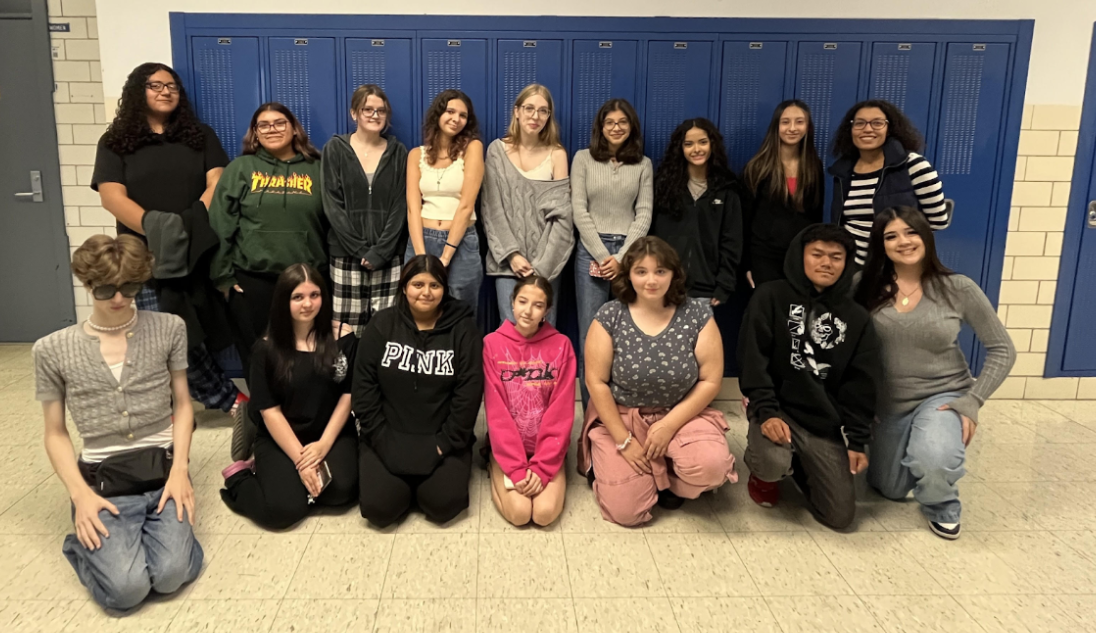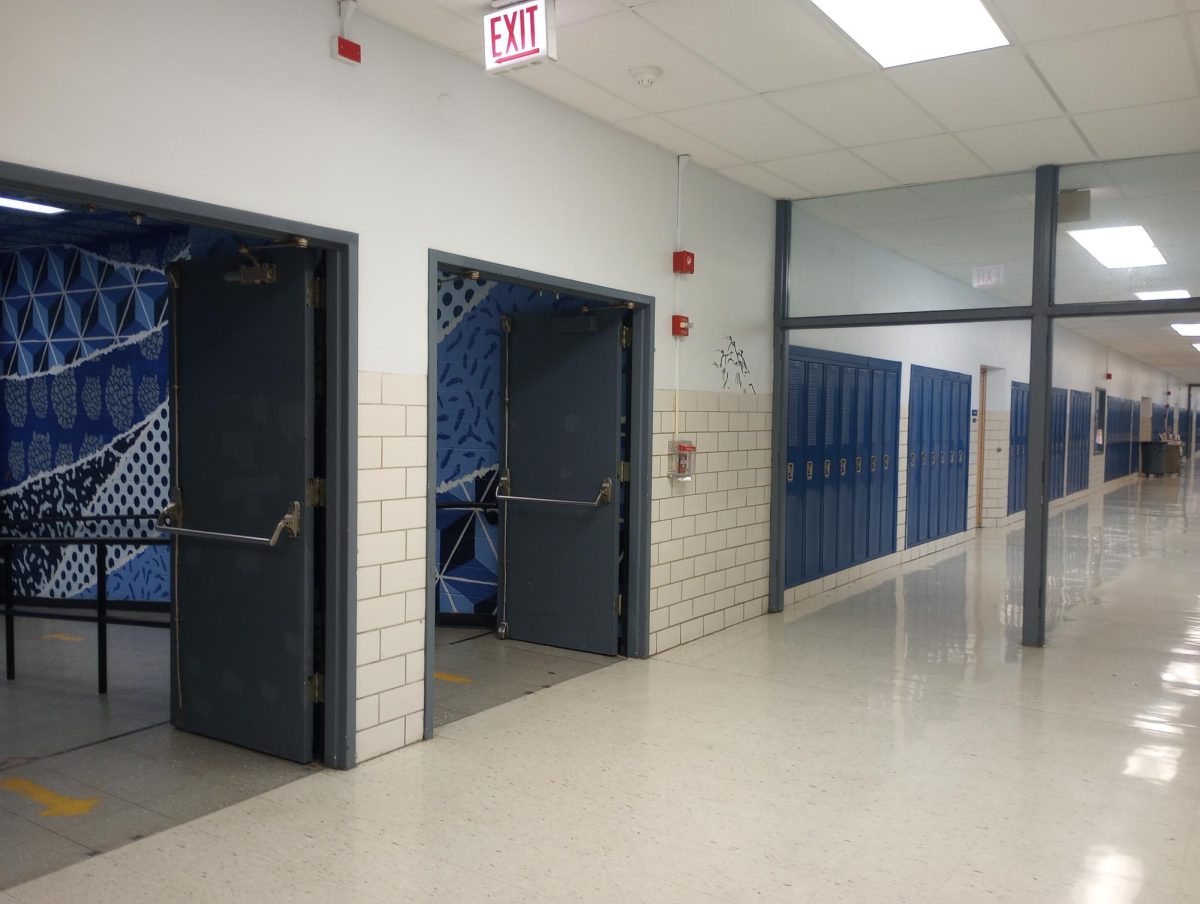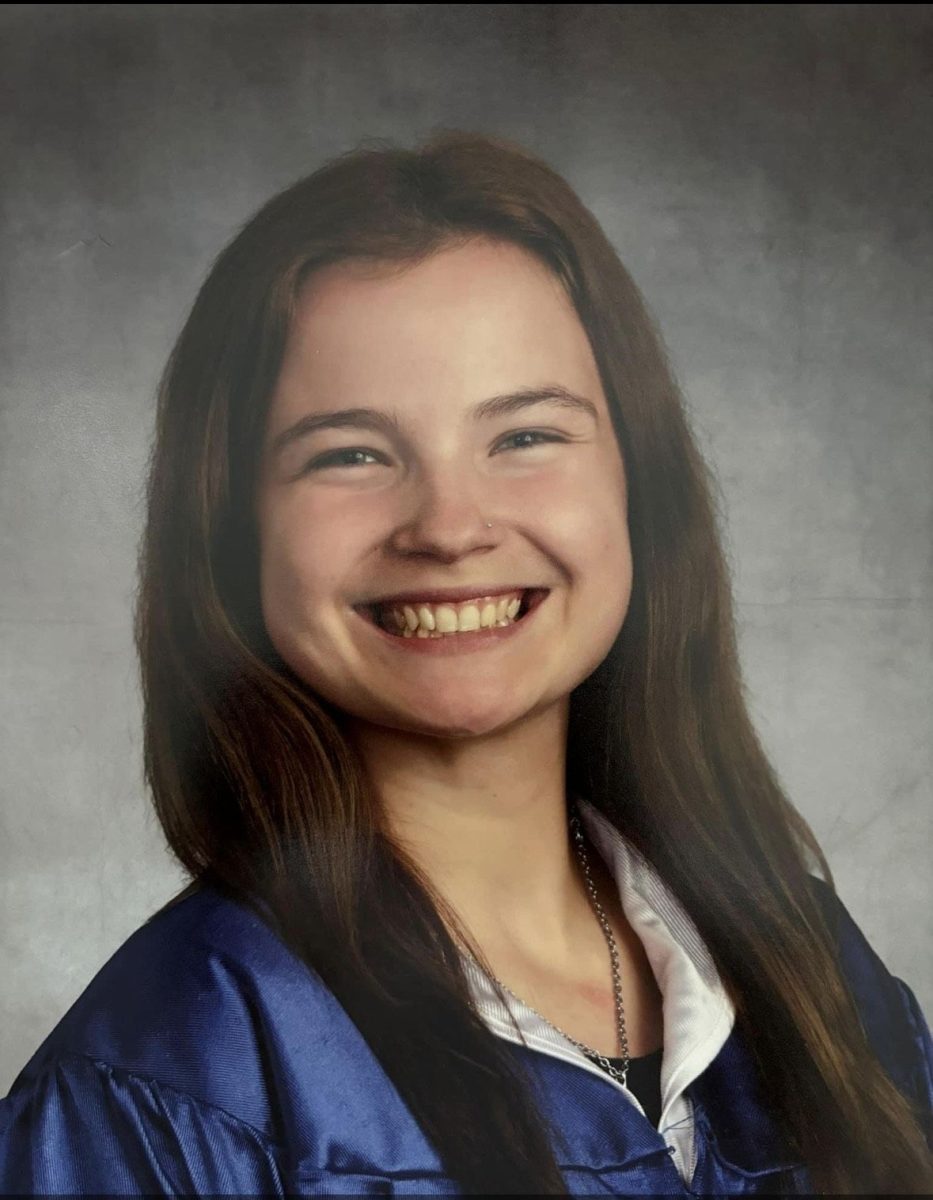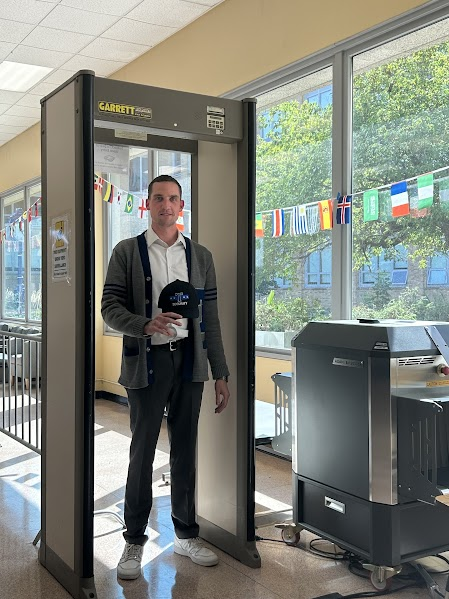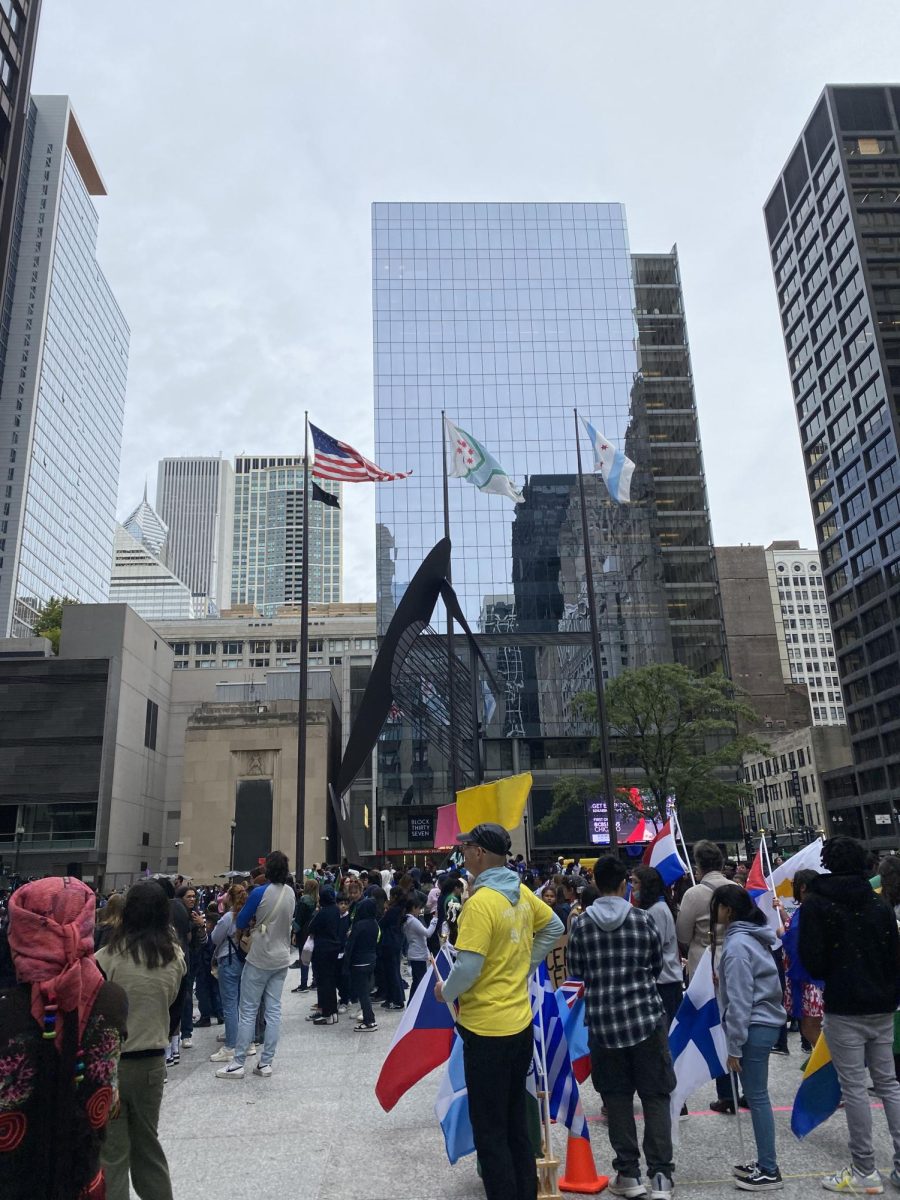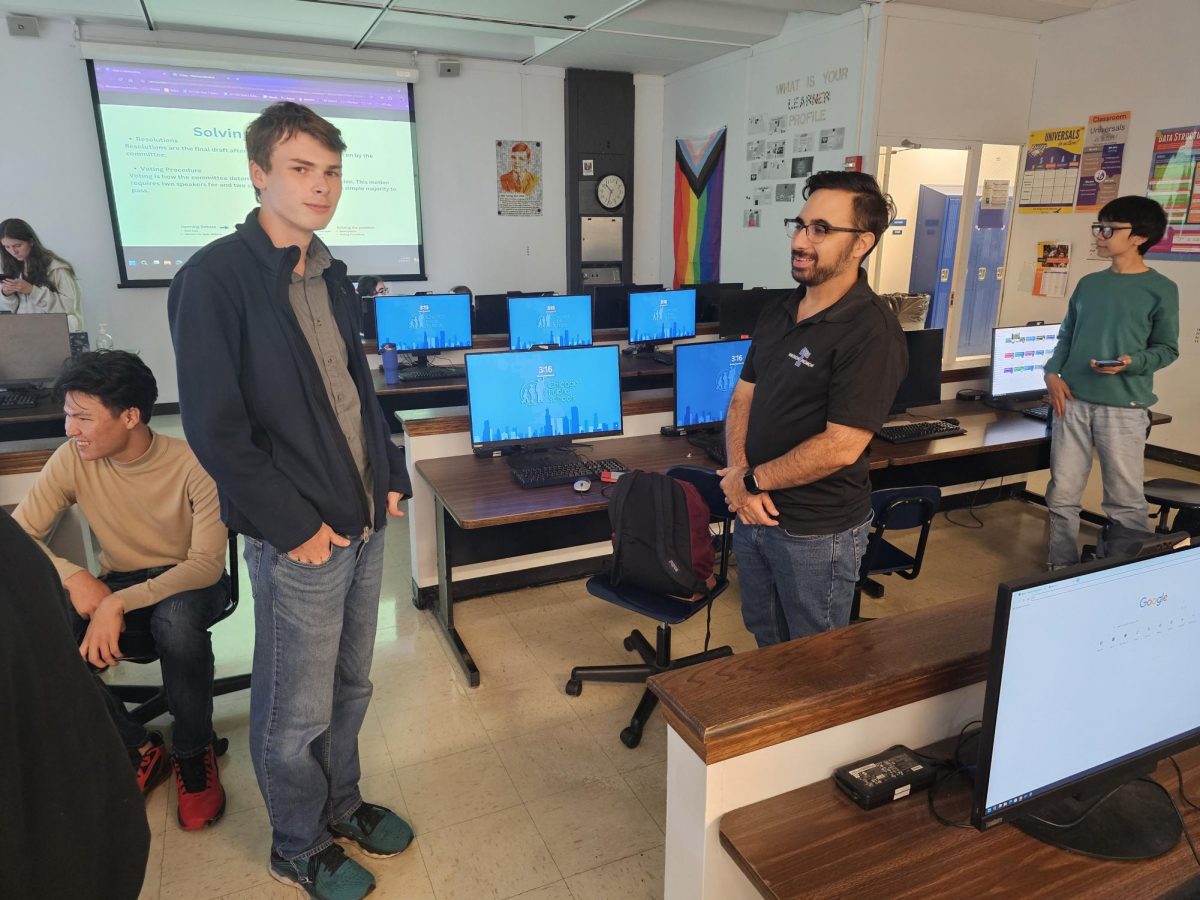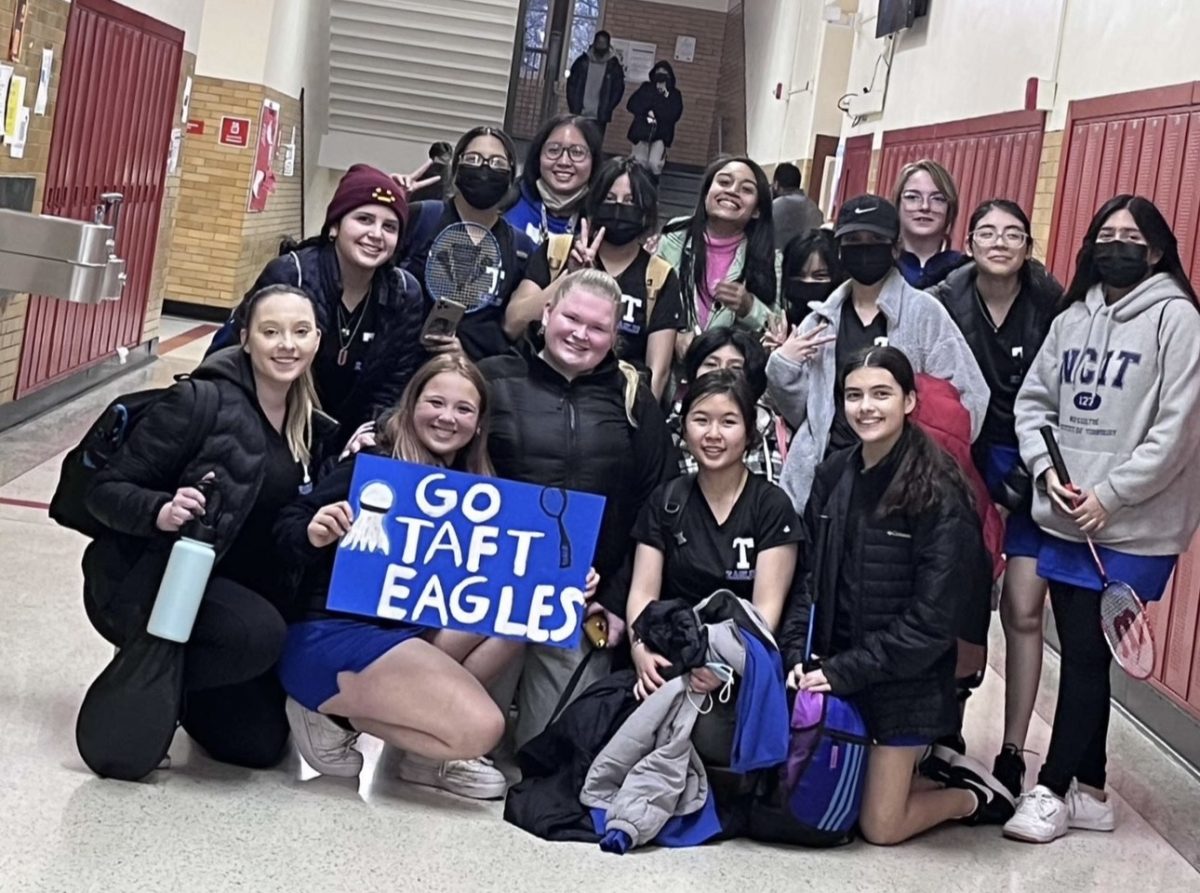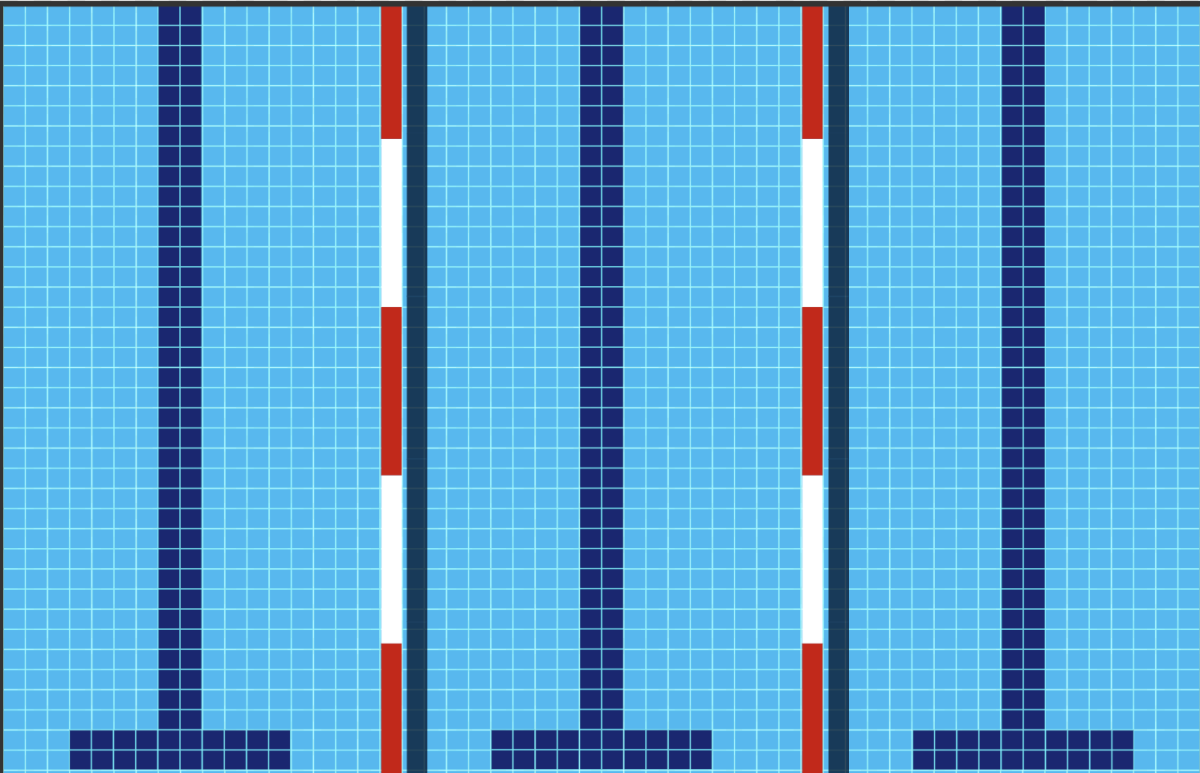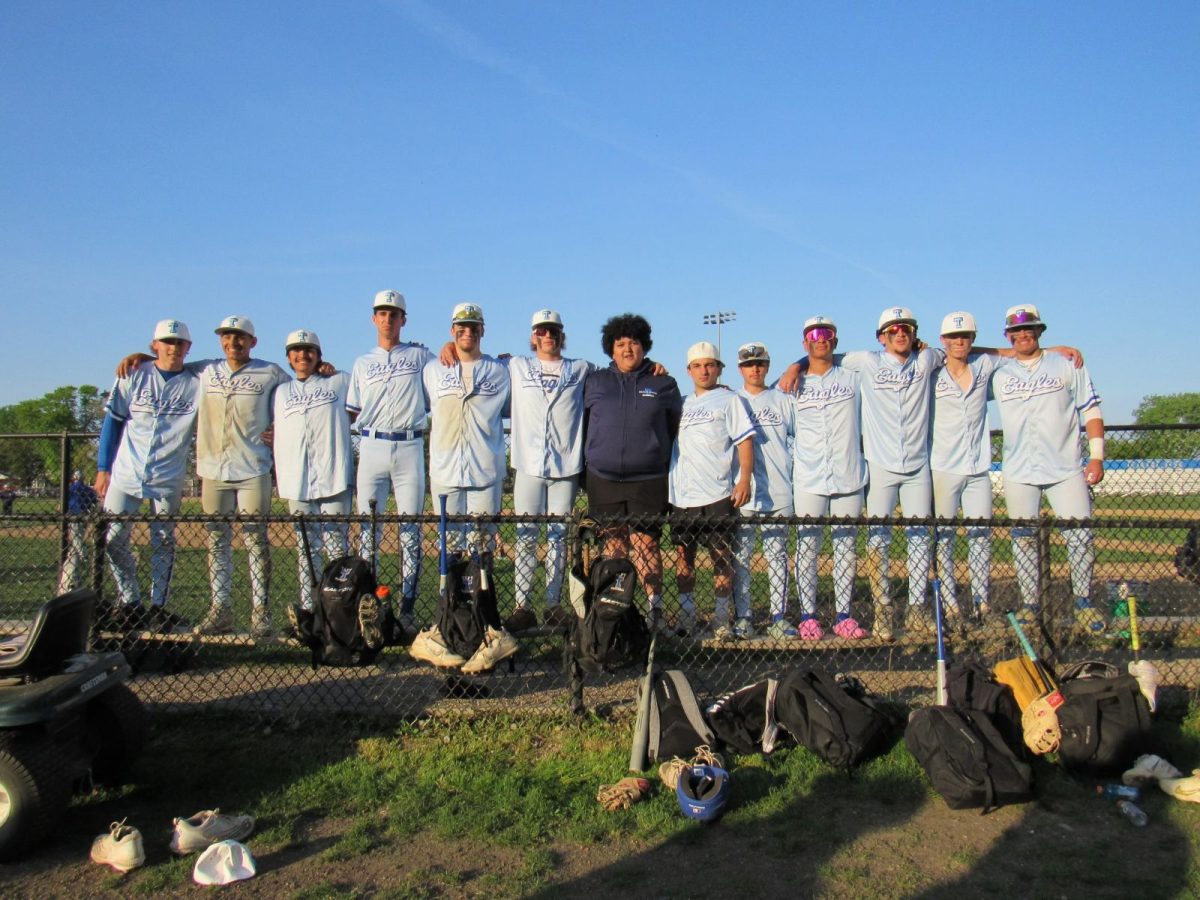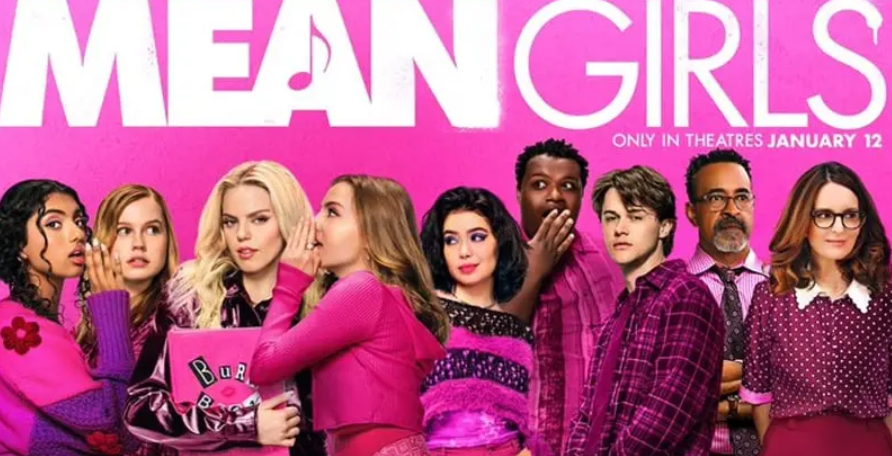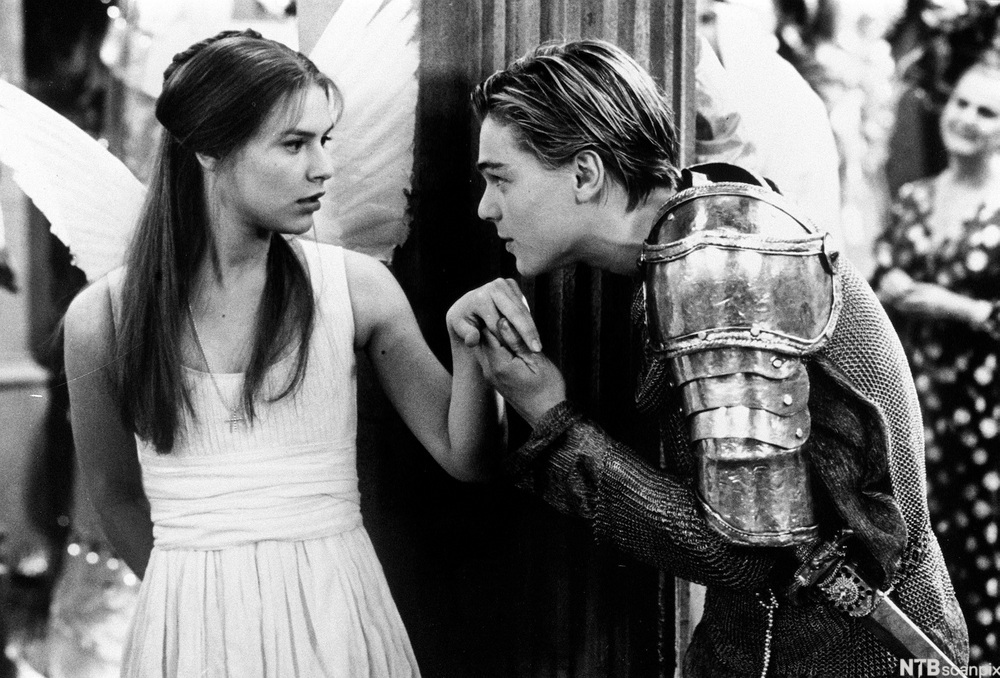Daylight Savings Disagreement

Courtesy of Google Images.
November 30, 2023
As Daylight Savings time comes to its annual end, the debate of whether or not it should exist in the first place continues. Daylight Savings is a yearly occurrence in which the time is set back one hour in March, then put back to normal in November. Though minor, this setback could still be a topic of casual complaint for students and people in general.
Daylight Savings time is a national agreement in 66 percent of the world’s countries. It allows there to be more daylight at the end of the day for people coming to work and their activities.
This can have an effect on students in many ways. Particularly because of the shift in time of the sunset. Students looking to do something after school have much less time until it gets dark, having only about an hour and a half at this time of the year. “You sleep more but do less,” said Taft junior, Mikolaj Urbanek.
This is why I believe that Daylight Savings time should be permanent, or at least last longer throughout the year. This will mean that the sun sets later for the entire year, allowing for more time after school or work before it gets dark.
Many students at Taft seem to agree with this sentiment. Even if they do not fully state that Daylight Savings should be permanent, they may express irritation with the way it currently is. “It sucks because it gets dark so early,” said Urbanek.
However, the system currently in place has some benefits. At this time of the year, it can be nice for high school students to catch up on sleep. “I like getting an extra hour of sleep,” said Taft junior Emilio Veneges.
This extra hour is great at first, but it is not so great in March when Daylight Savings starts and an hour of sleep is lost. “I like when it happens this time, not earlier in the year,” said Venegas.
One main problem with permanent Daylight Savings would be the dark mornings. However this would not be unlike other points in the year, where it is dark in the morning and people have to commute to school and work anyway. “We go to school in the winter (while it is dark) anyway, so it doesn’t matter to me,” said Taft Senior Hadley Brucker.
The benefits of a permanent or longer Daylight Savings seem to generally outweigh a few minor drawbacks. This improved system could be of interest for students and other people within a school system or society in general.
The time changing seems to not be going anywhere though, with The Sunshine Protection act failing to make it past Congress. It seems like we will be participating in the shift in time for the distant future whether we agree with it or not.

